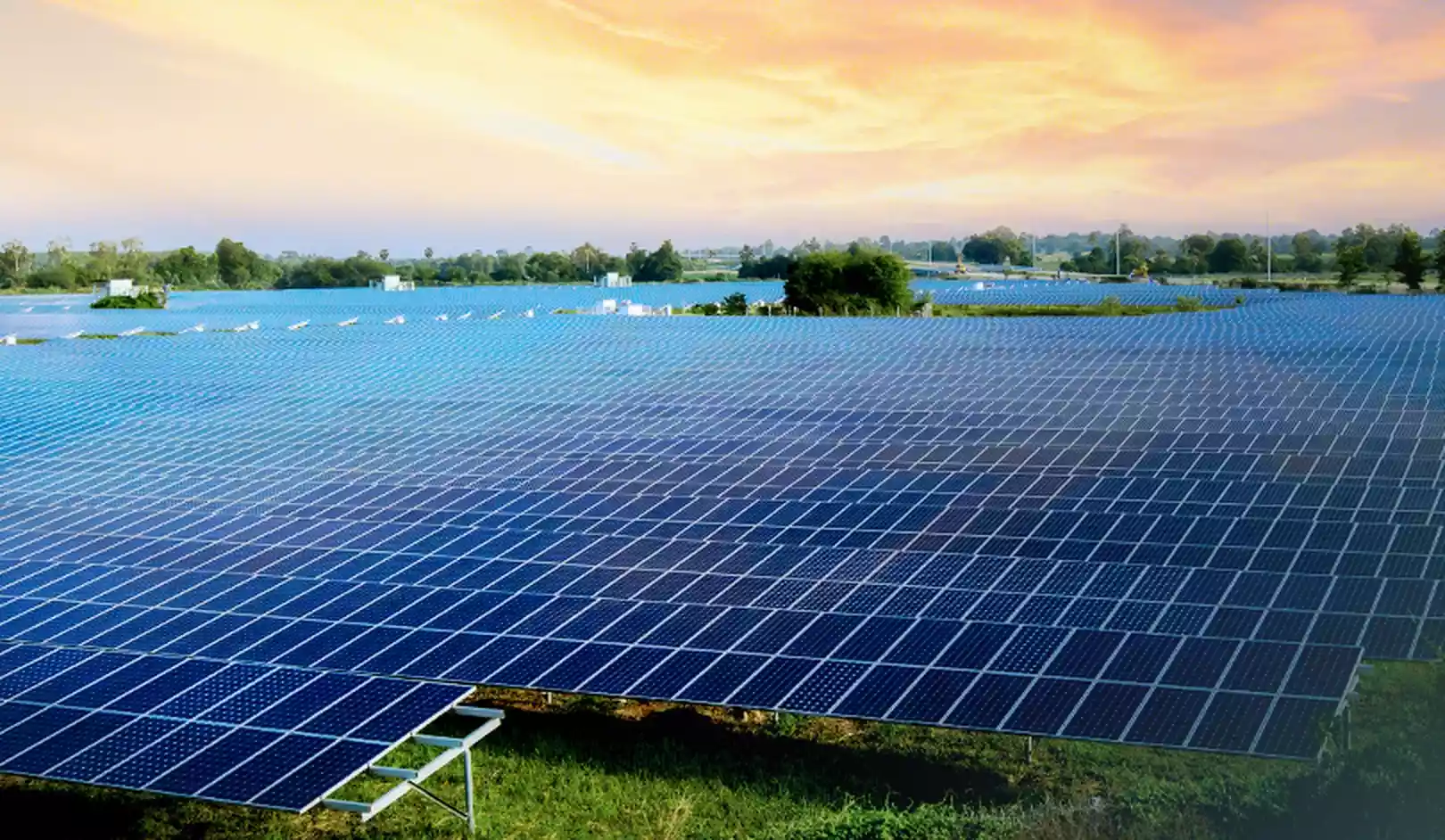
THE World Bank Group (WB) has urged Zimbabwe to re-engineer its agricultural knowledge innovation system to address the challenge of disrupted agricultural development and the future threat of climate change impacts.
Climate change is threatening food security for many economies in the world, especially in Africa.
Reports note that more than four million people currently face food insecurity in the country.
In its country climate and development report launched in Harare on Friday, the WB said Zimbabwe’s most pressing climate-related priority is managing food security.
Maize accounts for more than half of the average calorie consumption for the majority of Zimbabweans.
“However, the climate modeling for this report indicates that, under dry or hot scenarios, maize yield losses could be up to 20% by the 2040s.
“In the lower-lying south of the country, these losses increase to over 30% by the 2040s,” the report’s executive summary reads in part.
“To address both the challenge of disrupted agricultural development and the future threat of climate change impacts, Zimbabwe needs to re-engineer its agricultural knowledge innovation system.”
- Mavhunga puts DeMbare into Chibuku quarterfinals
- Bulls to charge into Zimbabwe gold stocks
- Ndiraya concerned as goals dry up
- Letters: How solar power is transforming African farms
Keep Reading
The report notes that the frequency of droughts has risen from one in 10 growing seasons within the period 1902–1979 to one in growing seasons within the period 1980–2011.
“Together with the downturn in the macroeconomic context and the disruption to modes of agricultural production following land reforms, many Zimbabweans have become more vulnerable to variability in rainfall patterns,” it said.
The WB said key sovereign decisions on macroeconomic policy, debt, mining sector governance, agricultural policy, and social protection will either keep the country on an lower middle-income country (LMIC) path or open the door to an upper middle-income country (UMIC) path.
The path that the country takes will have very real consequences for development and its resilience to climate variability and climate change, especially for the poor in rural areas.
The path that it takes will also influence its carbon footprint with higher emissions being associated with the LMIC path than its UMIC path.
Unlocking the UMIC path would unleash foreign direct investment in export sectors and enable investment in human capital, agriculture, infrastructure and land restoration that would set Zimbabwe on a resilient low-carbon development path.
Reflecting this path-determining decision point, the report examined two separate growth scenarios and how these will be impacted by a range of climate scenarios out to 2050.
The report proposed ways that the two growth scenarios could be made greener and more resilient and ways to transition towards the aspiration scenario.
The growth scenarios are a business-as-usual (BAU) scenario, which projects past economic trends into the future; and an aspirational (ASP) scenario, based on the full implementation of Zimbabwe’s Vision 2030.
Under the BAU scenario, WB said re-vitalising the agricultural knowledge innovation system can build on the government’s conservation agriculture programme to bolster smallholder resilience.
By contrast, the WB said there is far greater scope for resilient and low-carbon development under the ASP scenario.
Under the ASP scenario, the burden of financing climate action can be shared across the public and private sector as well as the multilateral development banks.
With other parts of the world facing chronic water scarcity due to a combination of population growth and climate change, the global lender said Zimbabwe could take advantage of opportunities to revitalize its agricultural export industry, particularly in high-value horticulture, to the other parts of Africa, as well as to Europe and East Asia.
Under the ASP scenario, the greater flows of mining revenues accruing to the public sector could accelerate investment in agricultural development and expanding irrigation.
Zimbabwe plans to develop underutilised ground and surface water resources to expand irrigation by 130 000 hectares.
It said there would also be much greater scope for investment in the agricultural research and extension system to drive forward crop-switching to drought- and heat-tolerant crop varieties; improved rangeland and pasture management practices; and breeding programs for climate-resilient livestock.
Improving incentives for investment in mechanization and precision agriculture, including for smallholders, would raise productivity levels.
“Pursuing these climate and agricultural development investments under the ASP scenario would lead to import substitution, both of staples and in the dairy industry, which is currently importing powdered milk,” the bank said.










